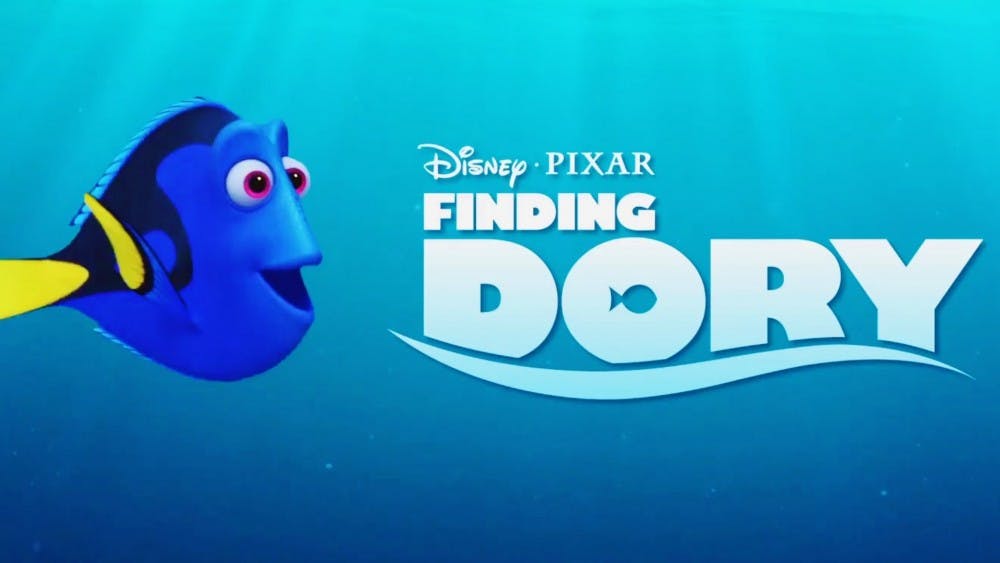Pixar’s latest release, Finding Dory, has already broken U.S. box office records on opening weekend, taking in $136.2 million and making it the most successful launch for an animated film in history. While a lot of credit can be given to its loveable predecessor, Finding Nemo, the forgetful blue tang fish Dory is quickly becoming one of Pixar’s most beloved characters.
Though Dory was the clownfish Marlin’s sidekick on his quest to find his son Nemo in the original film, she now leads him on her own search party to find her long-forgotten parents. Voiced by Ellen DeGeneres, Dory even shares the same type of witty and comical personality as the famous talk show host.
It’s a strange type of deja vu that suddenly wakes Dory up from her joyful naivete and urges her to once again swim the entire length of the ocean. The children of Nemo’s school are warned about a small, uncontrollable current in the ocean, which triggers a memory buried in the depths of Dory’s mind for years. It seems Dory was separated from her parents after being sucked into a strong tide of water while she was only a baby. The heartbreaking memory rises to the surface of Dory’s thoughts, and though she may not remember her parents’ names and faces, she suddenly remembers that she misses them.
Although Dory continues to have her terrible sense of direction throughout the entire film, her memory seems to dramatically improve throughout her journey. She may not be able to get around the ocean - let alone an ocean-themed park - on her own, but she doesn’t forget missing her parents ever again, nor does she forget any of her friends from the first movie.
As a main character, it seems Dory’s disability becomes even more of an obstacle. She is no longer just following; she has to lead. The momentary struggles of forgetting names and faces is less prevalent, and though Dory seemed to forget her parents for many years, she is now focused on her new mission to find them.
Though it’s understandable why the creators of Finding Dory could not produce an entire feature with a main character who constantly loses motivation, it does complicate the idea of short-term memory loss for its audiences. When the disability in the film’s main character is suddenly less severe, it gives an impression that the cure to a short-term memory is simply the will to want to remember something badly enough. For example, Dory wants to find her parents so badly that even memories from childhood enter her mind.
The movie also tends to coast a bit off of the original, with a similar storyline and the constant feeling of nostalgia. The only new part of this film are its colorful new characters, who are admittedly just as funny and huggable as the ones from Finding Nemo. There is the nearsighted whale shark masquerading as a best friend, a beluga whale with superpowers and no one can forget the deranged and impressionable pidgeon, Becky.
There’s another important character, an octopus named Hank, who fills the absence of Marlin’s skepticism whenever he’s separated from Dory. One of the reasons Hank is such a great character is his amazing animation. He’s an octopus with only seven legs, yet he glides across the screen like water slipping off a rock. Watching him on the big screen is an experience in itself.
Overall, though the movie may be a bit too similar to its original and the ending a little too bizarre (even for an animated film), it does not escape what Pixar always does best: giving audiences the feels. It’s as if Pixar has a secret algorithm for emotions that hit home, and if you think you might be the exception, you’re probably wrong. By the end of this movie, you’ll find yourself calling your parents to remind them just how much you love them. On an overall scale, this film gets a B+.





